1978 Call Out Culture Is Fierce…! lmao
…so, I’ve been reading “The Bisexual Option”, originally published in 1978 by Fritz Klein, in order to write A Thing, when I came across this gem. Feeling personally Called Out by it (who knew 1978 call out culture was so fierce?!) and yet am also not– all at the same time. Either way, feeling the need to put my sardonic lulz here for my own future entertainment. Oh, and no. As interesting as it is at times, I don’t recommend reading the book yourself unless you’re prepared to metaphorically grit your teeth the whole way through. Consider this to be me having read it so that you don’t have to. 🙂 Willing to share my findings with those who are interested, but really I’m just reading the book to critique it zzz…

































